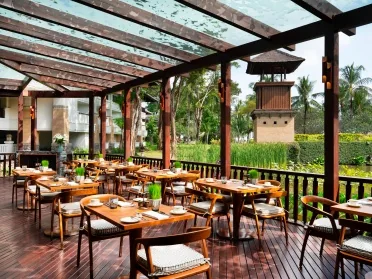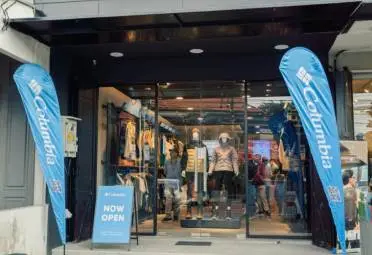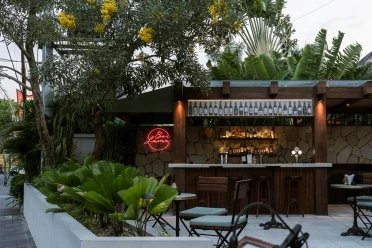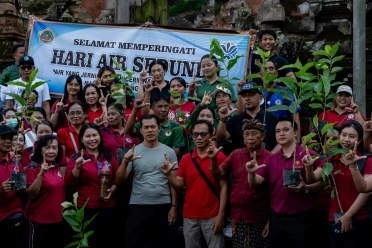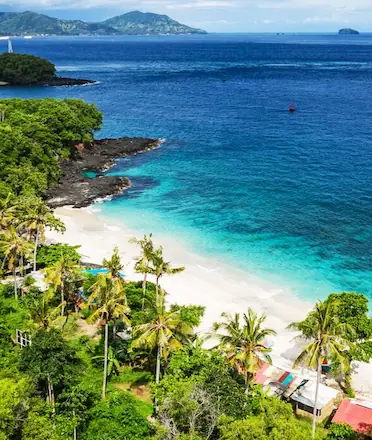Bali’s Serangan Island is carving out a reputation not only as a rising tourism hotspot but also as a leader in sustainability. This traditional fishing community on the Denpasar coast has launched an innovative project that turns plastic waste into functional, stylish products while empowering locals with new income streams. Discover how this mindful community is reshaping the future of plastic waste management—read on.
As the island prepares for major growth through the Kura-Kura Special Economic Zone, Serangan’s approach to waste could hold answers for Bali’s wider environmental challenges.
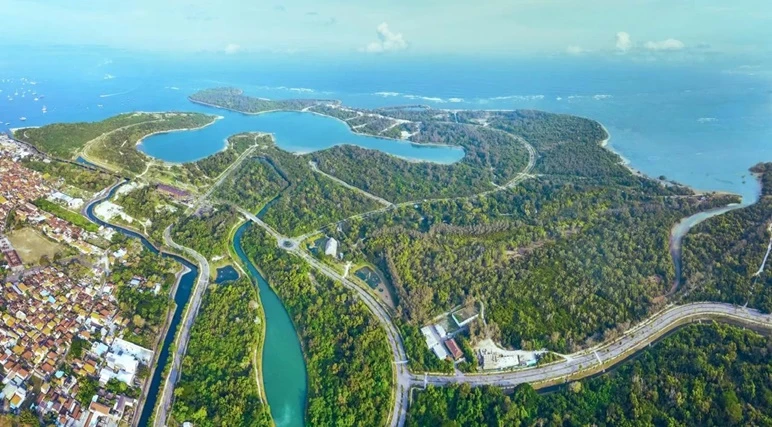
A Rising Star on Bali’s Tourism Map
Located just off the Denpasar coast, Serangan Island is quickly gaining recognition as one of Bali’s most exciting emerging destinations. Known locally as turtle island, the community is steeped in tradition yet aligned with forward-thinking initiatives that position it at the center of Bali’s sustainable tourism future. As the Kura-Kura Special Economic Zone advances, Serangan is being introduced to more visitors, creating opportunities that extend far beyond tourism alone.
Turning Plastic Waste Into a Community Asset
Waste management has long been a critical challenge across Bali, with overburdened landfills and plastic pollution threatening both natural beauty and community health. Rather than being paralyzed by the problem, Serangan Traditional Village has taken an innovative path. A local initiative, supported by private-sector partners, has established a plastic waste processing hub called Angen Bali that not only prevents pollution but also generates new income streams.
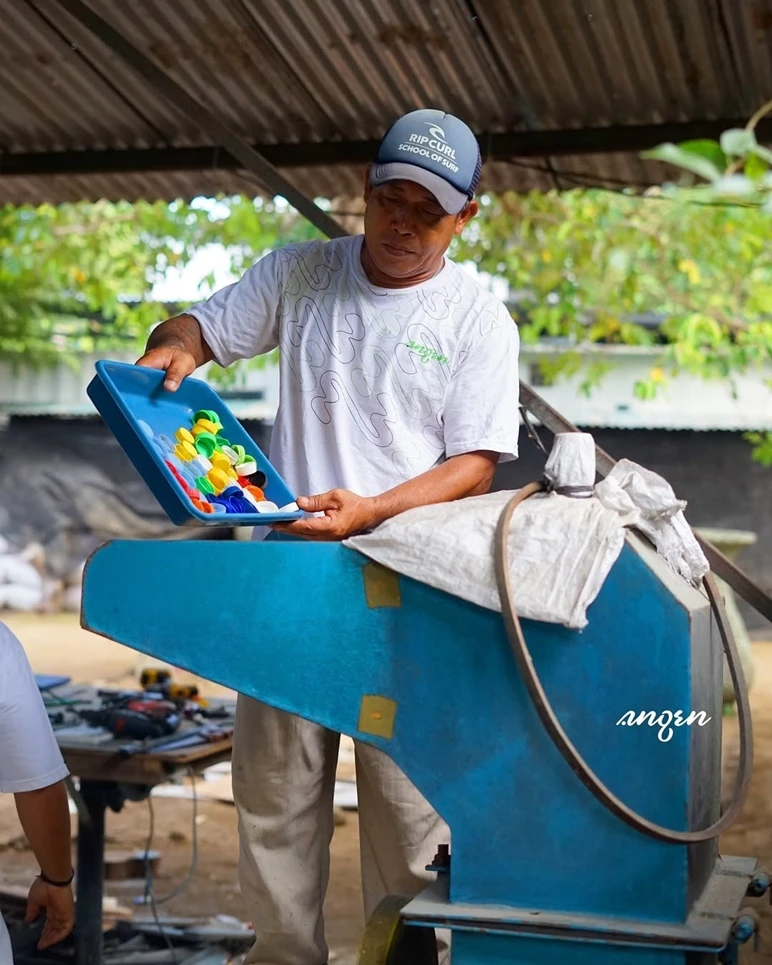
Angen Bali receives an average of 8 kilograms of plastic waste every day, collected from around Serangan. Instead of heading to landfills or drifting into the ocean, plastic is sorted, processed, and transformed into functional products. These range from household items and interior decor to furniture and creative artwork. The results are bold, practical, and a clear demonstration that sustainability can align with entrepreneurship.
From Barter to Circular Economy
In the early days, residents exchanged plastic waste for essentials such as rice. Today, the project has grown into a direct trade model where the community can sell their collected waste for cash. This shift not only incentivizes participation but also empowers residents to become active stewards of their environment.
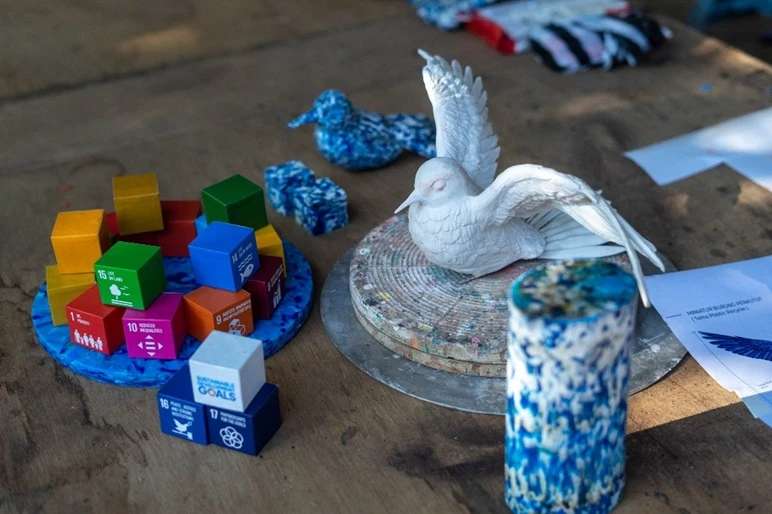
The products crafted from the recycled plastic stand out for their ingenuity and contemporary design. From stylish garden tables and chairs to multipurpose holders and presentation stands, these items prove that upcycling can achieve both aesthetic and commercial appeal. This is not small-scale handicraft; it is an evolving model for how communities can create value from what was once considered worthless.
A Turning Point for Bali’s Waste Crisis
Serangan’s efforts come at a pivotal time for Bali. Suwung TPA, the island’s largest landfill and a symbol of its waste challenges, is finally set to close after decades of operation. Already, restrictions on organic waste entering the site are in place, with full closure expected by the end of 2025. This decision forces communities and authorities to rethink their reliance on landfills as a catch-all solution.
What the Future Holds
Beyond waste management, Serangan Island is also home to one of Bali’s largest turtle conservation centers, highlighting the community’s strong connection to marine life and biodiversity. As tourism grows, so does the opportunity to direct resources toward protecting both land and sea. The challenge lies in balancing development with preservation, ensuring that progress does not come at the expense of the environment that draws visitors in the first place.
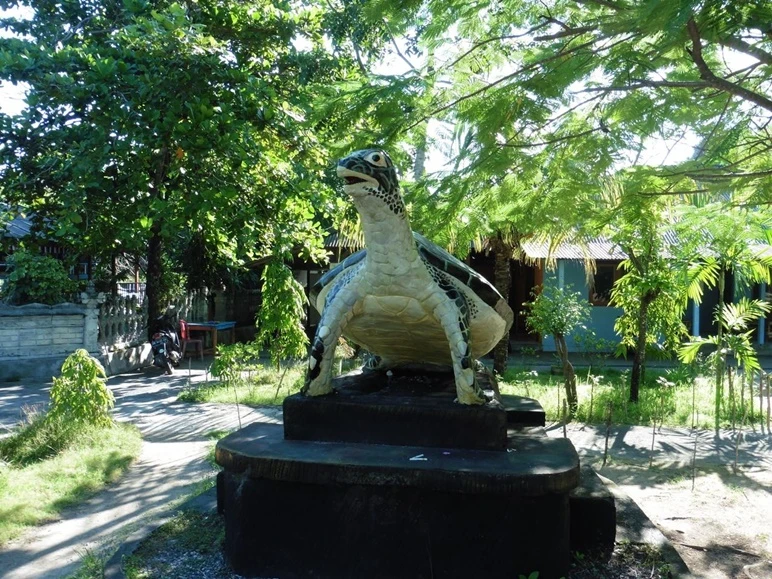
Serangan’s waste initiative serves as more than a recycling project. It represents a blueprint for resilience, creativity, and self-reliance. The question is whether other communities across Bali will take inspiration and replicate similar programs. If they do, the island could finally gain the momentum needed to move beyond landfill dependency and toward a culture of responsible waste management.



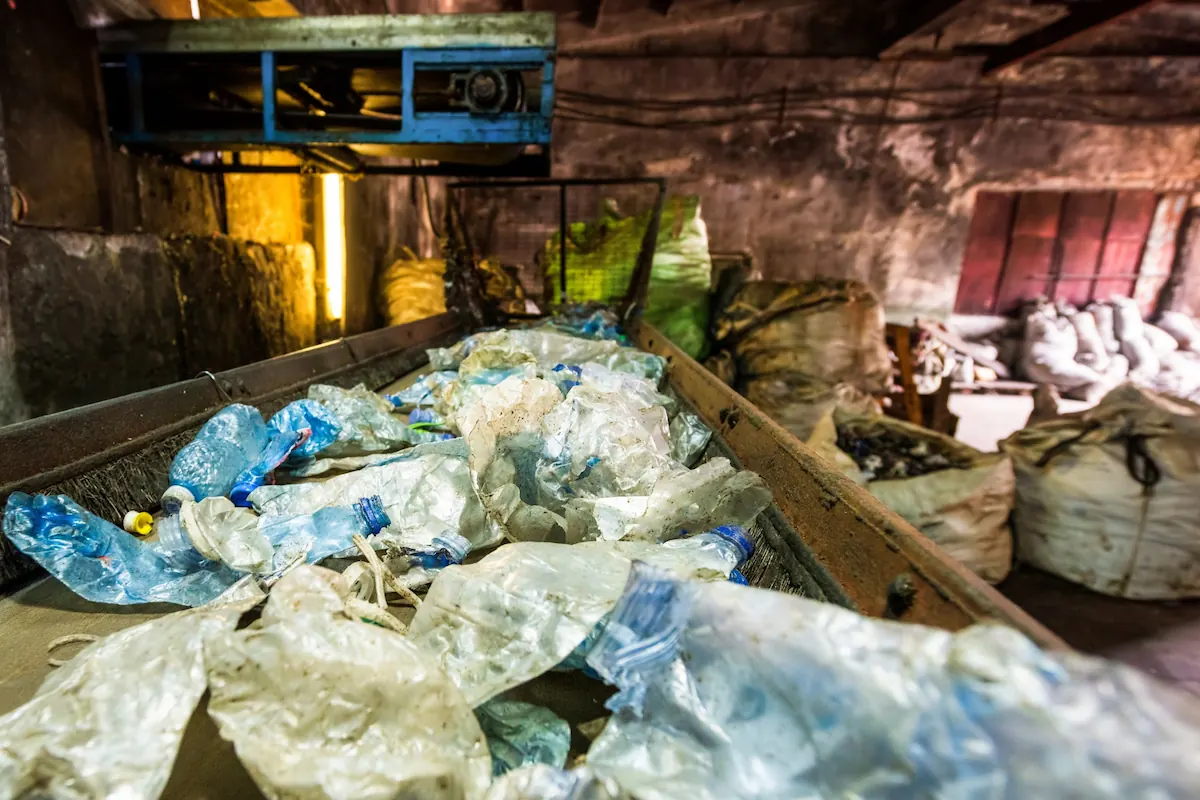
 Billy Bagus
Billy Bagus
 Sep 12, 2025
Sep 12, 2025


